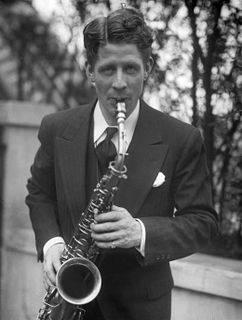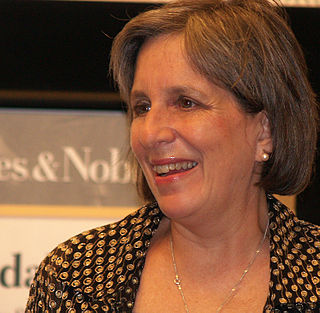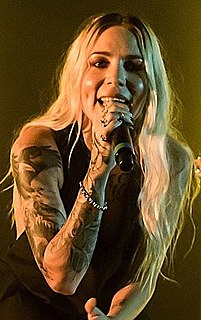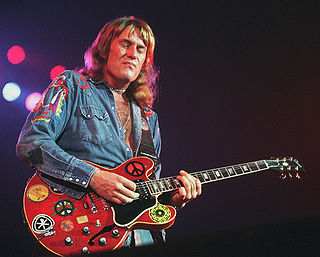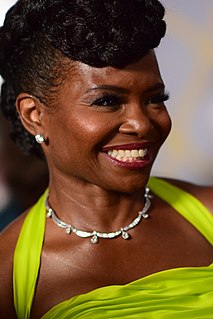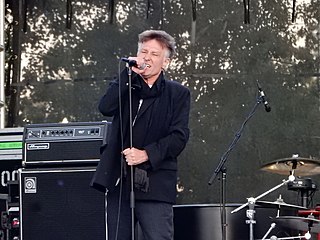A Quote by Lauren Mayberry
I find it quite boring when you're listening to radio, and it's the same kind of voice that's on every song on the radio. You can't really tell a lot about that singer as a storyteller and about the singer from what they're singing.
Related Quotes
'Boneless,' even though we were thinking about servicing it to radio, it made more sense putting a vocal on there. This was actually the first time that I really looked at doing a song for radio and kind of let go of some control and listened to a lot of different radio pluggers and had Ultra come in and help out with ideas.
We of the soft-crooning radio type of singer are giving the people what they want. The American public as a whole does not care for full-throated operatic singing. And why should it? Down through the ages, it has been the simple song which has lived and continues to touch the heart of humanity. And so it is with singing.
I wrote 'Turn Your Radio On' in 1937, and it was published in 1938. At this time radio was relatively new to the rural people, especially gospel music programs. I had become alert to the necessity of creating song titles, themes, and plots, and frequently people would call me and say, 'Turn your radio on, Albert, they're singing one of your songs on such-and-such a station.' It finally dawned on me to use their quote, 'Turn your radio on,' as a theme for a religious originated song, and this was the beginning of 'Turn Your Radio On' as we know it.
When my generation, those early days of television - I know I've been thinking about this lately - my two flashes of me as a little boy. One, I'm standing in front of the radio freaking out that Nat King Cole's singing 'Lady of Spain', just this stuff coming out of the radio, and Guy Williams singing 'Wild Horses' coming out of the radio.





